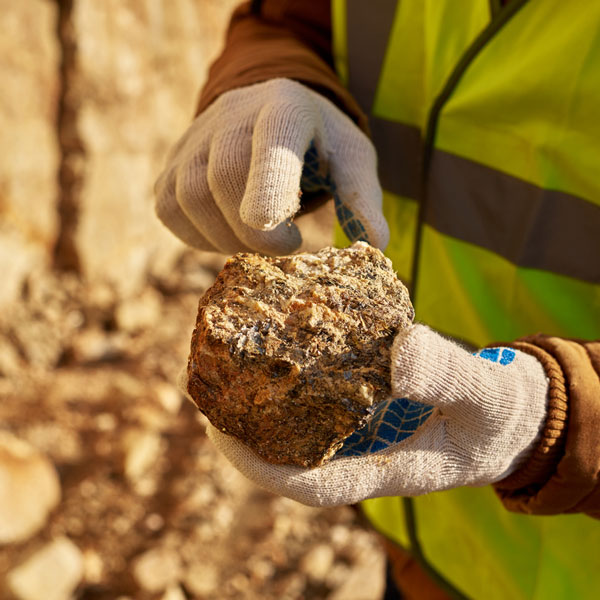Coal and Coke Testing

We Offer Full-Spectrum Diagnostics
Within the realm of coal and coke analysis, TTI Labs extends an array of services:
- Drop Shatter Tests
- Proximate and Final Analysis
- Float-Sink / Washability Analysis
- Ash Analysis and Testing
- Rheology of Coal
- The Hardgrove Grindability Index (HGI)
- Coal Calculations
To evaluate coking coals and blends before putting them through tests in commercial coke ovens, we conduct pilot-scale carbonization analyses.
This comprises a wide range of services, including fly ash resistivity measurements, coal petrography, ash fusion testing, ash viscosity evaluation, chemical ash elements analysis, and elemental analysis of ash. These perceptions are essential for evaluating how well your material works with steam power generation.
The way coal behaves during coking processes is of utmost significance. Our industry-recognized Gieseler Plastometer and Arnu Dilatometer tests assess the plasticity and rheological characteristics of coal and aid in making informed decisions.
Accurate calculations are essential for the successful production of coke. TTI delivers precise calculations for variables like calorific value and total hydrogen in addition to several other tasks that benefit the efforts of our clients.
Using approved procedures for sampling and preparation, our professionals carefully analyze the moisture, sulfur, calorific value, volatile matter, and fixed carbon in coal and coke.
The HGI measures how resistant coal is to crush. It helps anticipate throughput capacities within your operations in addition to assisting with evaluating grinding power requirements.
Using this method, we classify your sample as low-density "clean coal," high-density "reject," or intermediate-density "middlings," providing information about its potential applications.
Through this assessment, we determine how well your coal will hold up to breakage during handling and shipment, enabling you to make well-informed logistics decisions.
